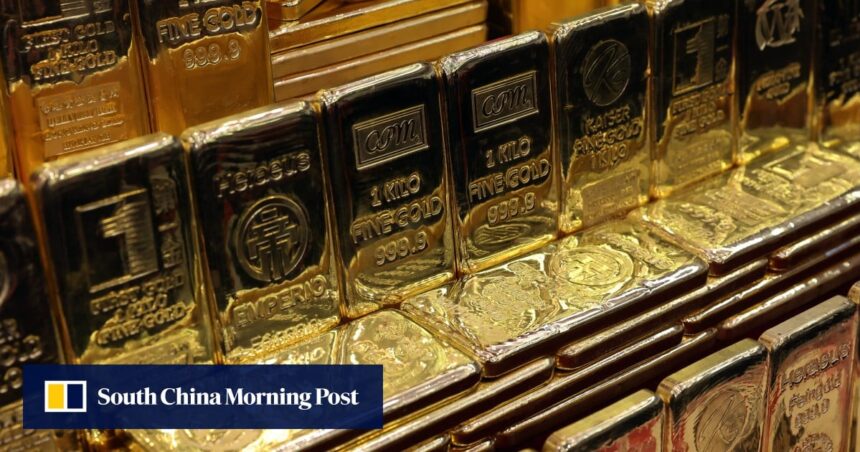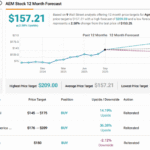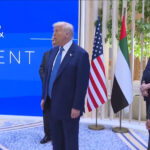Authorities in Hong Kong are exploring plans to enhance tokenised gold trading, aiming to position the city as the world’s first settlement centre for this innovative form of transaction. The initiative emerged amid ongoing concerns regarding the dominance of the US dollar, which is increasingly scrutinised in the context of escalating geopolitical tensions.
Sources indicate that Chief Executive John Lee Ka-chiu is poised to announce measures that seek to establish Hong Kong as an international hub for gold trading in his upcoming policy address. This speech will serve as a significant milestone in his tenure, marking one of the final blueprints of his administration.
Advisers to Chief Executive Lee have reportedly recommended a comprehensive policy framework to support the development of tokenised gold trading. Their strategy is designed to transform Hong Kong into a premier digital settlement centre, an initiative that Lee appears to support enthusiastically.
Proponents of this initiative believe that facilitating digital gold trading could invigorate gold transactions throughout Asia and help circumvent the Western-dominated international payment settlement systems that have come under scrutiny. The anticipated measures place a strong emphasis on maintaining high standards for transaction monitoring and anti-money laundering protocols, ensuring that while innovation progresses, regulatory integrity remains intact.
The push for tokenised gold trading is seen as a strategic response to potential economic challenges, including Western sanctions. Reference was made to the exclusion of major Russian banks from the SWIFT global financial messaging network, enacted to limit Russia’s capacity for international transactions following its military actions in Ukraine. Advocates suggest that a robust digital gold trading framework could offer Hong Kong a means to navigate similar sanctions and bolster its economic resilience.
Furthermore, enhancements in tokenised gold trading would be expected to strengthen Hong Kong’s position as a leading international financial centre. Supporters argue that by lowering investment barriers and increasing liquidity, the initiative could attract a wider array of investments into the local market.
However, some challenges remain, particularly regarding the current framework for gold trading in Hong Kong. For instance, it has been noted that existing options offered by commercial banks lack the ability for investors to redeem physical gold, highlighting the need for more flexible and accessible trading mechanisms to meet the evolving demands of the market.
As authorities move forward with these discussions, the focus remains on establishing a framework that strikes a balance between innovation and oversight, fortifying Hong Kong’s status as a critical player in the global financial landscape.







